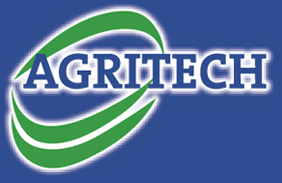
The increased milk yield and quality demands on dairy herds place the need for appropriate mineral supplementation with all of the key minerals and vitamins for optimum output, as deficiencies can lead to a range of disorders in livestock. According to Agritech’s Technical Director, Seamus O’Slatarra, mineral deficiencies are much more prominent in modern livestock operations with the dry cow period a crucial time to provide for appropriate supplementation.
The dry period is a crucial recovery period for the cow and also a period to set her up for the next lactation. How you feed and manage your cows during this transition period will influence subsequent yields and fertility along with conditions which manifest post calving, such as milk fever, metritis, ketosis, and displaced abomasums. These are all directly linked to transition cow management.
Many of these conditions are linked to negative energy balance where the demands for milk production exceed the energy intake of the animal, and she mobilises excess fat to meet this demand. If excess fat cannot be utilised it is laid down in the liver with fatty livers and ketosis the result. Correct body condition score at calving is very important to help prevent this occurring.
Feeding a well-balanced mineral with high magnesium and good vitamin D levels will aid the cow in calcium mobilisation. In order to combat the ever increasing threat of mineral antagonists in modern farming systems Agritech, whose manufacturing plant is based in County Tipperary, through their Welmin™ range of mineral supplements have developed their dry cow mineral range to address such challenges. The Welmin range includes Copper, Selenium, Iodine and Zinc from multiple sources proven from worldwide research to ensure optimum bio availability of these key elements.
It is now widely accepted that the inclusion of elements from multiple sources significantly enhances the absorption of each element. Agritech have embraced this superior approach with many elements included from more than one source across their broad mineral range.
Critical vitamins for dry cows are vitamins D, (essential in calcium and phosphorous metabolism) and Vitamin E. Feeding dietary Vitamin E levels of at least 1,000iu/day significantly increases health and immunity, reduces retained placentas levels, decreases milk SCC levels and aids the uterine involution (cleansing) process post calving, thus contributing to a healthier more productive cow that is better prepared for the early lactating period and subsequent gestation.
For any further advice on appropriate dry cow management click here get in touch with your local distributor.

